The Importance of Home Energy Efficiency
Home energy efficiency is important for several reasons.
Firstly, creating an energy-efficient home can significantly reduce energy consumption and lower utility bills. By implementing energy-saving measures such as insulation, energy-efficient appliances, and smart thermostats, homeowners can reduce their energy usage and save money on their monthly bills. This is especially important as energy prices continue to rise.
Secondly, an energy-efficient home helps to reduce carbon emissions and combat climate change. Residential buildings are responsible for a significant portion of global greenhouse gas emissions, mainly through the use of fossil fuels for heating, cooling, and electricity. By making homes more energy-efficient, less energy is required, resulting in lower carbon emissions.
Furthermore, improving home energy efficiency can enhance indoor comfort and health. Proper insulation, for example, can prevent draughts and maintain a consistent temperature throughout the home, creating a more comfortable living environment.
Additionally, reducing energy consumption can lead to improved indoor air quality by reducing the use of fossil fuels, which can release pollutants into the air.
Home energy efficiency also contributes to the overall energy security of a country. By reducing energy demand, there is less strain on the energy grid, reducing the risk of power outages and blackouts. This is particularly important during times of high energy demand or natural disasters when the grid may be under stress.
Lastly, investing in home energy efficiency can increase the value of a home. Energy-efficient homes are increasingly sought after by buyers who are looking to save on energy costs and reduce their environmental impact. Therefore, implementing energy-saving measures can make a home more attractive to potential buyers and increase its resale value.
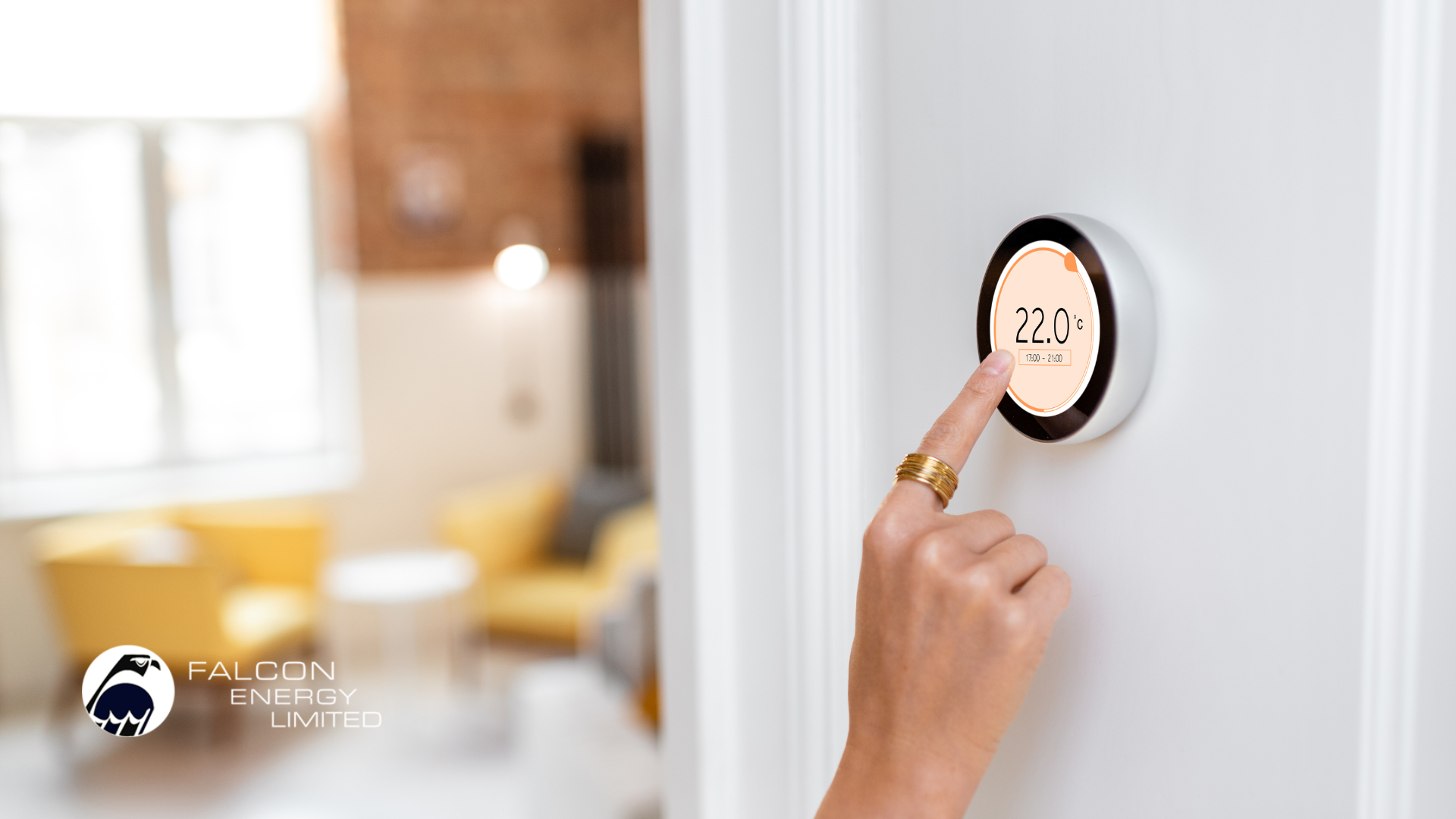
Understanding the Basics: What is Home Energy Efficiency?
Home energy efficiency refers to the measures taken to reduce the amount of energy required to power and heat a home, without sacrificing comfort or functionality. It involves using energy-efficient appliances, improving insulation, sealing air leaks, and other strategies to minimise energy waste and reduce utility bills.
The goal of home energy efficiency is to maximise energy conservation and minimise the environmental impact of energy consumption. By increasing the efficiency of a home, homeowners can save money on energy costs and contribute to a more sustainable future.
A key measure of an energy-efficient home is the energy performance certificate which demonstrates the energy efficiency of a property. The energy performance certificate (EPC) provides information on the energy usage and carbon emissions of a building, and rates its energy efficiency on a scale from A to G, with A being the most energy efficient.
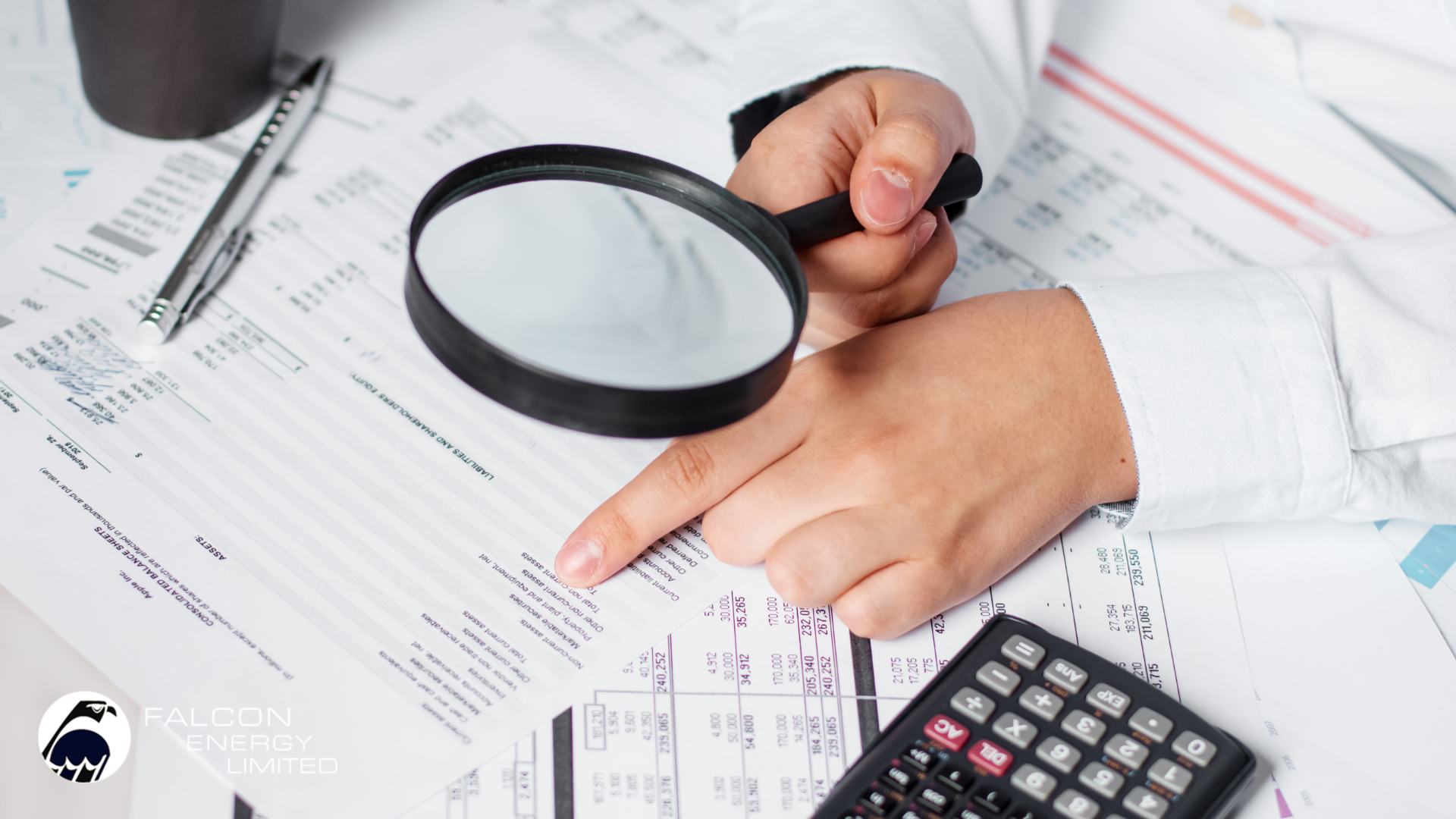
Step 1: Conducting a Home Energy Audit
In the UK, conducting a home energy audit is an essential step towards improving energy efficiency and reducing carbon emissions. There are several organisations and professionals you can contact to perform an energy audit on your home.
One option is to reach out to energy assessors who are certified by organisations such as the National Energy Services (NES) or the Building Research Establishment (BRE). These assessors have the necessary training and accreditation to perform energy audits and provide energy performance certificates (EPCs) for your property.
Falcon Energy are certified energy assessors. With our expertise in energy assessments and certifications, we can provide comprehensive energy audits for both domestic and commercial properties. Our team of highly qualified professionals will conduct a thorough assessment of your home, identifying areas of energy waste and recommending solutions to improve energy efficiency.
During a home energy audit, our professionals will typically assess various aspects of your home, including insulation, heating and cooling systems, windows and doors, lighting, and appliances. We may use specialised tools like thermal imaging cameras to detect areas of heat loss or energy inefficiency. We will also analyse your energy bills and usage patterns to identify opportunities for energy savings.
Following the assessment, the energy auditor will provide you with a detailed report that outlines their findings and recommendations. This report may include suggestions for improving insulation, upgrading to energy-efficient appliances, optimising heating and cooling systems, and implementing renewable energy solutions.
By conducting a home energy audit, you can gain valuable insights into your energy consumption and make informed decisions to reduce your carbon footprint and save on energy costs. If you choose to work with a company like Falcon Energy, the goal is to help you achieve your energy efficiency goals and create a more sustainable living environment.
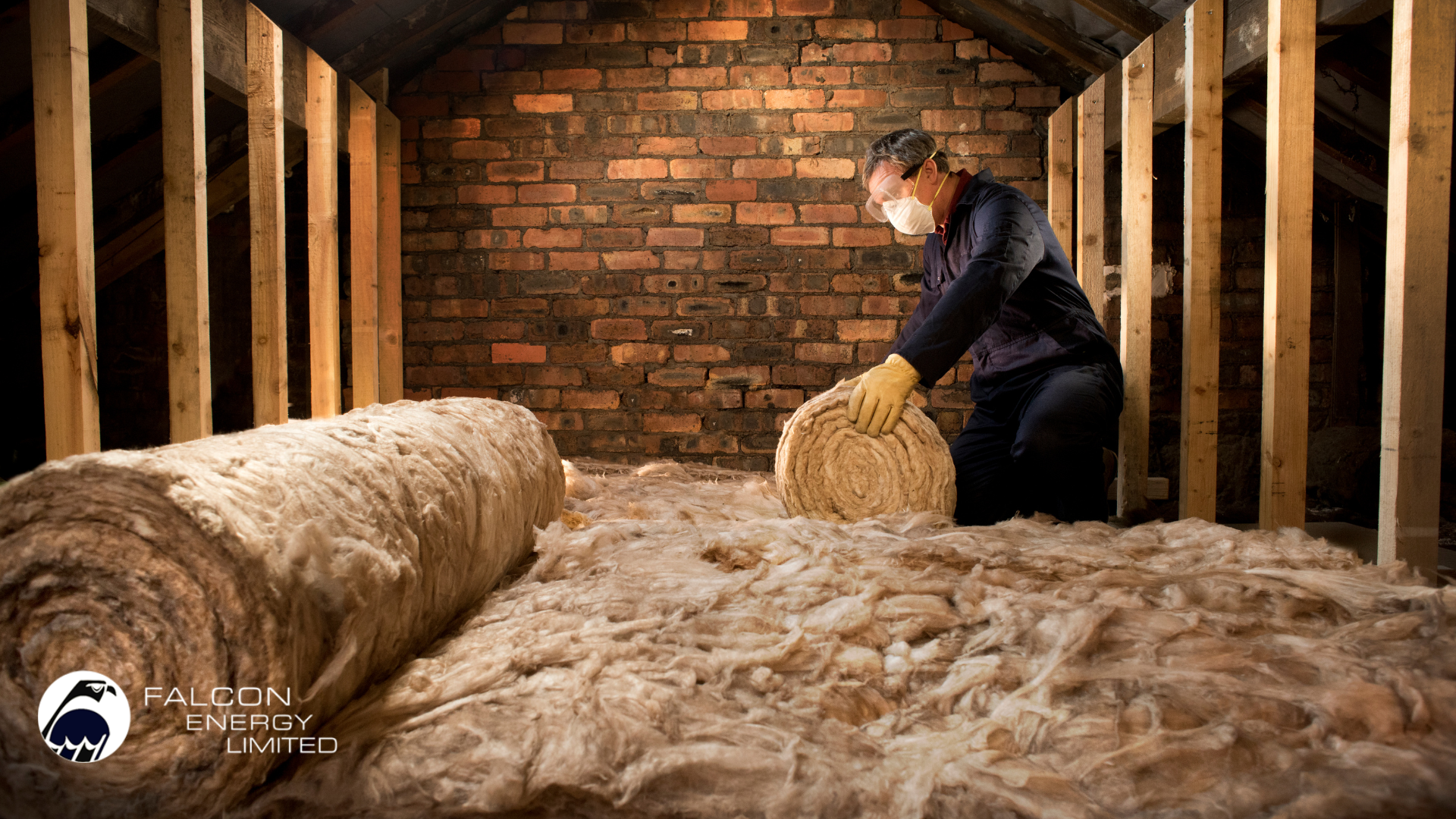
Step 2: Insulating and Sealing Your Home
One of the key steps in maximising home energy efficiency is insulating and sealing your home. Proper insulation helps to keep your home warm in the winter and cool in the summer, reducing the need for excessive heating or cooling. This not only saves you money on energy bills but also reduces your carbon footprint.
In addition to insulation, sealing your home is equally important. Air leaks can significantly affect the energy efficiency of your home, allowing hot or cold air to escape and outside air to enter. This can lead to energy wastage and discomfort.
Our team can conduct a thorough inspection of your home to identify any areas of air leakage. We will then recommend sealing these gaps and cracks using high-quality materials to ensure a tight and energy-efficient seal. This will not only improve the comfort of your home but also save you money on energy bills.
Maximising home energy efficiency is a smart investment that benefits both your wallet and the environment. Let Falcon Energy be your partner in achieving this goal. Contact us today to take the first step towards a more energy-efficient home.
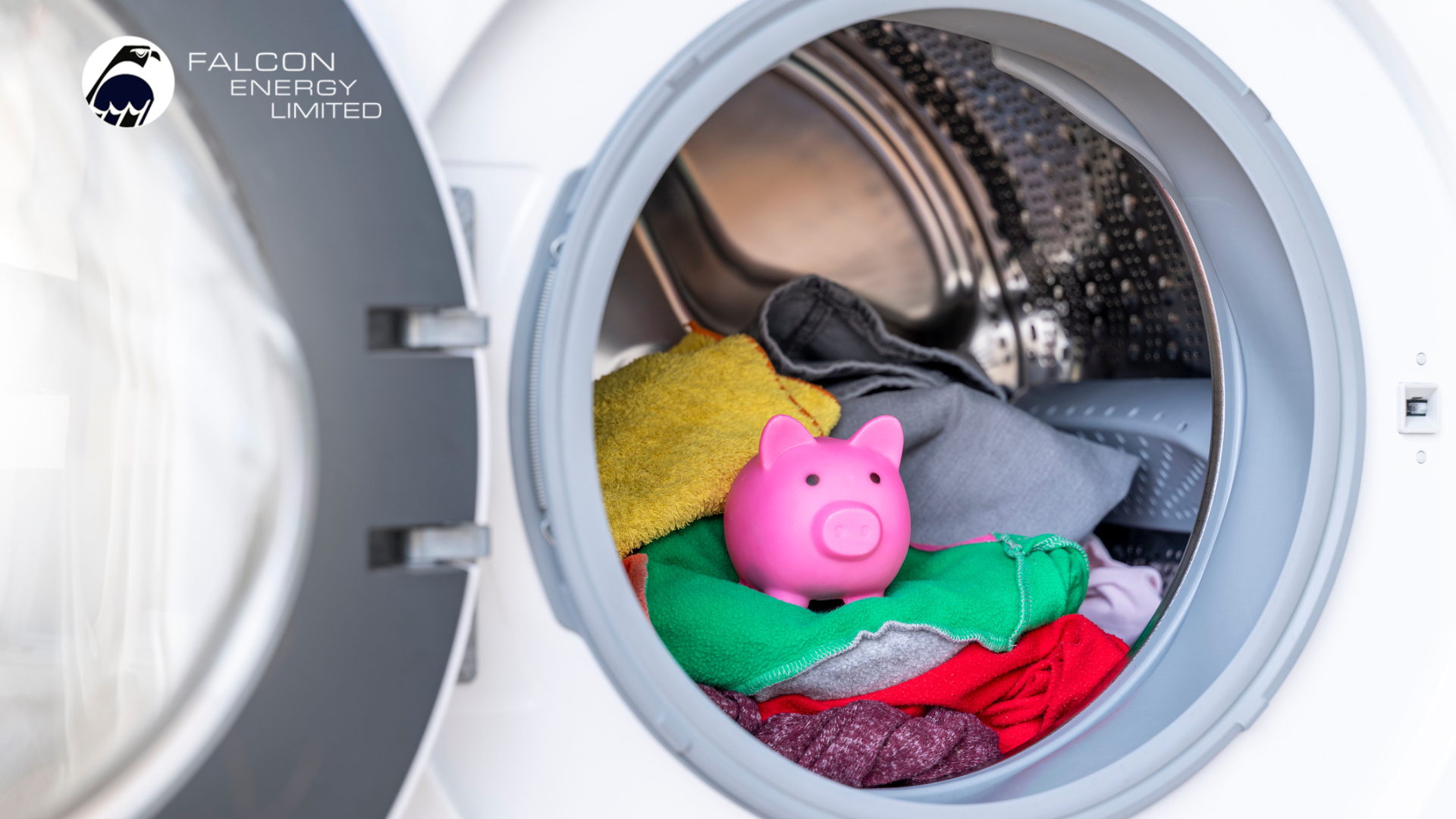
Step 3: Upgrading to Energy-Efficient Appliances
By upgrading to energy-efficient appliances, you can experience immediate and long-term benefits. These appliances are designed to consume less energy while still delivering optimal performance. This means that not only will you see a decrease in your energy bills, but you will also be contributing to global efforts to reduce greenhouse gas emissions.
At Falcon Energy, we understand that choosing the right energy-efficient appliances can be overwhelming. That's why our team of highly qualified professionals is dedicated to providing you with exceptional service and innovative solutions tailored to your specific needs. We will assess your current appliances, evaluate their energy consumption, and recommend the most suitable energy-efficient alternatives for your home or business.
Our energy assessments and certifications ensure that you are making informed decisions when upgrading your appliances. We take into account factors such as energy efficiency ratings, energy consumption, and estimated cost savings, allowing you to make choices that align with your budget and sustainability goals.
By partnering with Falcon Energy, you can trust that you are receiving the highest quality of service and expertise in the industry. With over 15 years of experience, we have helped numerous clients achieve their energy conservation goals, resulting in significant cost savings and a reduced carbon footprint.
Don't wait any longer to start reaping the benefits of energy-efficient appliances. Contact Falcon Energy today and let us guide you towards a more sustainable and cost-effective future. Together, we can make a difference.
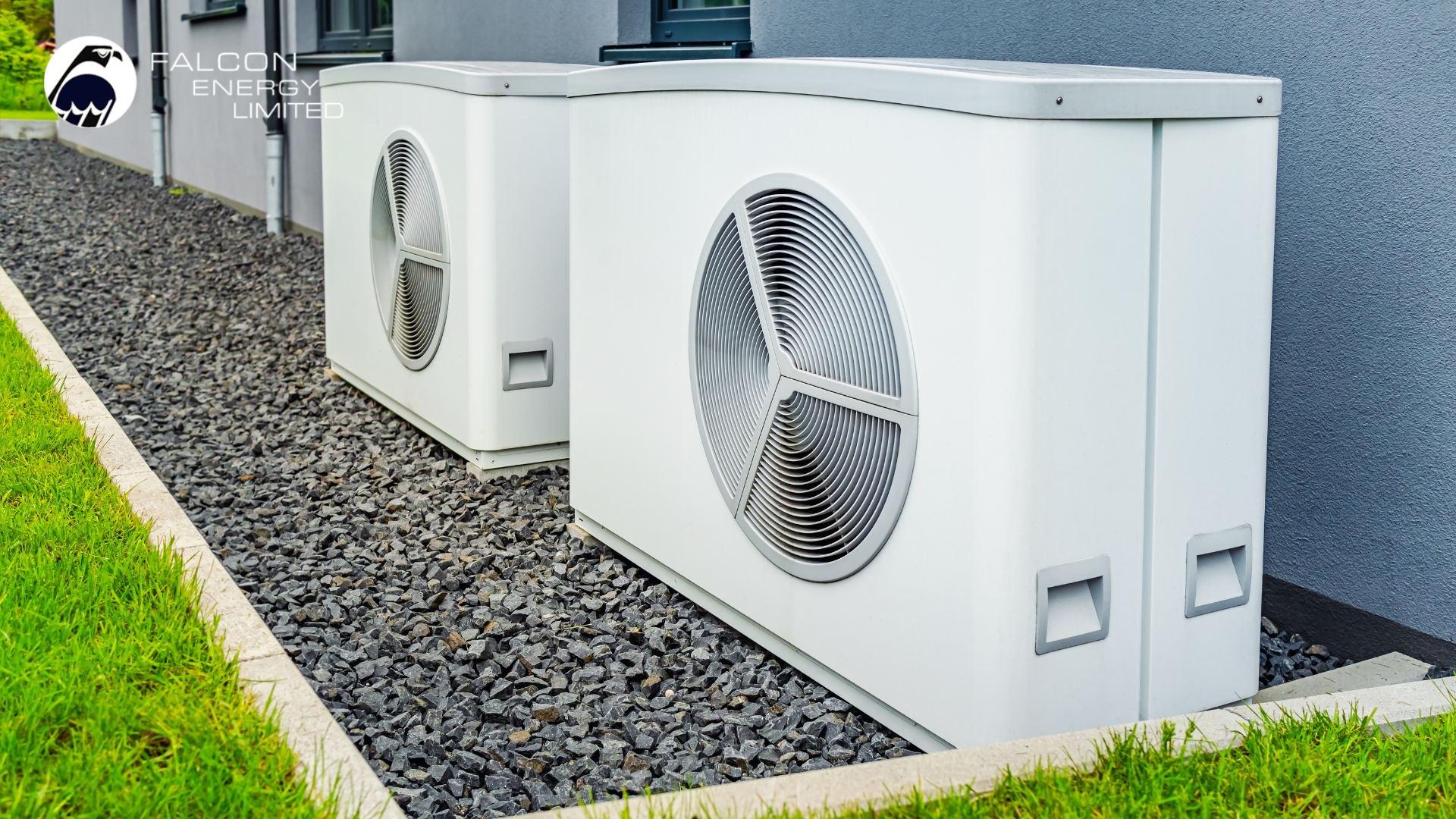
Step 4: Optimising Lighting and HVAC Systems
When it comes to energy conservation, lighting and HVAC systems play a crucial role. Inefficient lighting and HVAC systems can account for a significant portion of your energy consumption and contribute to unnecessary costs. By optimising these systems, you can not only reduce your carbon footprint but also achieve substantial cost savings.
At Falcon Energy, we understand the importance of energy-efficient lighting solutions. Our team of experts can assess your current lighting setup and recommend energy-saving alternatives. By switching to LED lights or installing motion sensors, you can significantly reduce your energy usage without compromising on the quality of lighting.
In addition to lighting, HVAC systems are another area where energy efficiency can be maximised. Our professionals are well-versed in the latest HVAC technologies and can provide you with tailored solutions to optimise your system's performance. Whether it's upgrading your equipment or implementing smart controls, we can help you achieve optimal energy efficiency without sacrificing comfort.
By partnering with Falcon Energy, you can benefit from our years of experience in the industry. We have successfully assisted numerous clients in achieving their energy efficiency goals, both in the domestic and commercial sectors. Our team is dedicated to delivering exceptional service and innovative solutions that are tailored to your specific needs.
So, if you're looking to save energy with your lighting and HVAC systems, Falcon Energy is here to help. Contact us today for a comprehensive energy assessment.
Step 5: Implementing Energy-Saving Habits
By making a few simple changes, you can not only reduce your carbon footprint but also save on energy costs.
Insulate your home
Proper insulation is crucial for maintaining a comfortable indoor environment and reducing energy waste. Check for any gaps or leaks in windows, doors, and walls, and seal them with weatherstripping or caulking. Consider adding insulation to your loft and walls to improve energy efficiency.
Upgrade to energy-efficient appliances
Older appliances tend to consume more energy. Consider upgrading to energy-efficient models, such as ENERGY STAR certified appliances, which use less energy and can help you save on your utility bills. Look for appliances with high energy efficiency ratings and features like smart technology that allows you to control and monitor energy usage.
Utilise natural lighting
Make the most of natural light during the day to reduce the need for artificial lighting. Open curtains and blinds to allow sunlight to illuminate your living spaces. Additionally, consider installing skylights or light tubes in darker areas of your home to increase natural light.
Unplug devices when not in use
Many devices and appliances continue to consume energy even when they are turned off. This is known as standby power or phantom load. To minimise this energy waste, unplug devices when they are not in use or use power strips with on/off switches to easily turn off multiple devices at once.
Use energy-efficient lighting
Switching to energy-efficient light bulbs, such as LED or CFL bulbs, can significantly reduce your energy consumption. These bulbs last longer and use less energy compared to traditional incandescent bulbs. Consider replacing all your light bulbs with energy-efficient alternatives.
Conserve water
Conserving water not only helps the environment but also saves energy. Install low-flow showerheads and faucets, fix any leaks promptly, and consider capturing rainwater for outdoor use. Additionally, avoid running the dishwasher or washing machine unless you have a full load.
By implementing these energy-saving habits, you can save energy in your home and contribute to a more sustainable future. Start making small changes today and enjoy the long-term benefits of reduced energy costs and a smaller carbon footprint.
Bonus Tip: Consider using an Air Source Heating System
Air source heat pumps are a popular and efficient renewable energy option. These devices use the outside air as a heat source, which is then converted into usable heat for heating spaces or water. They work by extracting heat from the air using a refrigerant, which is then compressed to increase its temperature before being transferred to a heating system.
Air source heat pumps offer several benefits. Firstly, they are highly efficient, as they can produce more energy than they consume. This means that they can significantly reduce energy consumption and lower heating costs for both homes and businesses.
Additionally, air-source heat pumps are environmentally friendly, as they produce fewer greenhouse gas emissions compared to traditional heating systems. This helps to reduce carbon footprints and contribute to a more sustainable future.
Furthermore, air-source heat pumps are versatile and can be used for both heating and cooling purposes. They can provide heating during the colder months and cooling during the warmer months, offering year-round comfort and convenience. They are also relatively easy to install and require minimal maintenance, making them a practical and convenient choice for many customers.
When considering air source heat pumps, it is important to assess the specific requirements and feasibility for each project. Falcon Energy's team of highly qualified professionals can provide expert advice and conduct energy assessments to determine the suitability and potential cost savings associated with air source heat pumps. We can also assist with the necessary certifications and documentation required for sustainable construction projects.
Achieving Maximum Home Energy Efficiency
Maximising a home's energy efficiency is essential for reducing energy consumption, lowering energy bills, and minimising the carbon footprint. Falcon Energy, with its expertise in energy assessments and certifications, can provide valuable guidance and solutions to help homeowners achieve these goals.
By implementing energy-saving measures such as insulation, efficient appliances, and renewable energy sources, homeowners can significantly reduce their energy usage and contribute to a more sustainable future.
With Falcon Energy's dedication to exceptional service and tailored solutions, homeowners can trust in their expertise to maximise their home's energy efficiency and achieve cost savings.
